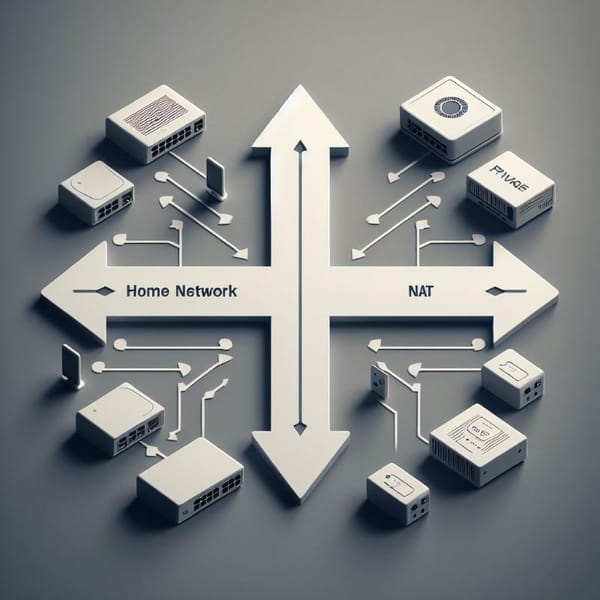The pandemic boosts the number of billionaires in Latin America
The 107 richest people in the region have a combined wealth of US$480 billion. UNDP calls for "public and regulatory policies" to prevent the gap from growing.

The two extremes of the Latin American economic ladder will emerge from the pandemic much more populated than they were before the health crisis broke out. The lower end, because the number of people living in poverty - as documented by every one of the main regional and international organizations - has not stopped growing in recent months, gaining ground on the still incipient middle class. The upper, because the richest of the rich have managed to further increase their already bulging wealth thanks to the revaluation of the stock markets.
The latest data from Forbes magazine are clear: in Latin America and the Caribbean - the most unequal region in the world - the number of billionaires has shot up by 40% since the beginning of the pandemic. At the beginning of 2020, when the virus had just broken out and no one could yet imagine what was to come, there were 76 Latin Americans with US$1 billion (820 million euros) or more in assets, with a combined wealth of US$284 billion.
In the 2021 list, published in March, they totaled 105, with $448 billion accumulated. And in the last update in mid-May, there were already 107 with a combined net worth of $480 billion. The wealth accumulated by this hundred or so fortunes, to put it in context, would be enough to buy one and a half times all the companies listed on the main index of the Mexican Stock Exchange.
The ranking of Latin American billionaires is headed, a constant for years, by the Mexican Carlos Slim (owner of América Móvil), who together with his family treasures a fortune of 70 billion dollars. Next, another Mexican, Germán Larrea (Grupo México) accumulates a net worth of 26 billion and the Brazilian Jorge Paulo Lemann (Anheuser-Busch InBev), a little more than 20 billion.
Three-quarters of Latin American billionaires, according to the study of this data carried out by technicians of the United Nations Development Program (UNDP), are Brazilian or Mexican nationals, by far the most populated countries in the bloc.
The concentration of resources in the hands of a few is not only an intrinsic problem for inequality "but also an instrumental one", as the UNDP economists point out: "When the concentration of resources translates into a concentration of political power, as is often the case, it can lead to a vicious circle that perpetuates these results and distorts both policies and the allocation of resources".




